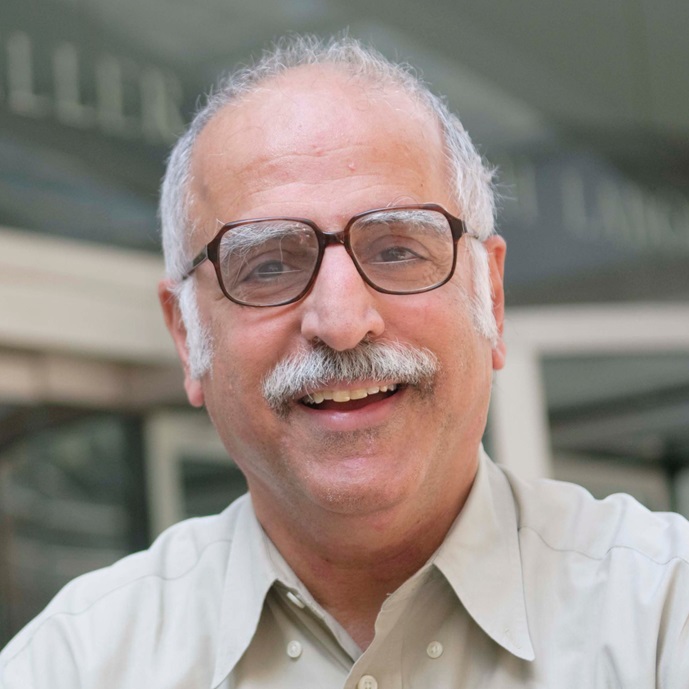SPEAKERS

Dinshaw J. Patel
AFFILIATION:
Memorial Sloan-Kettering Cancer Center (MSKCC), New York, NY, USA
POSITION TITLE:
Member and Abby Rockefeller Mauze Chair in Experimental Therapeutics
EDUCATION/TRAINING:
University of Mumbai, Mumbai, India. B.S. 1961 Chemistry
California Institute of Technology, Pasadena, CA. M.S. 1963 Chemistry
New York University, New York, NY. Ph.D. 1968 Chemistry
New York Univ. Medical School New York, NY. Postdoc 1967 Biochemistry
AT&T Bell Laboratories, Murray Hill, NJ. Postdoc 1968-9 Biophysics
HONORS:
1961 - 1963 Jamshetjee N. Tata Fellow
1983 AT&T Bell Laboratories Distinguished Technical Staff Award
1992 - Abby Rockefeller Mauzé Chair in Experimental Therapeutics (MSKCC)
1997 Distinguished Alumnus Award, New York University
1997 - 1999 Harvey Society (Vice-President 97-98; President 98-99)
2009 Member, National Academy of Science, USA
2013 NIH Director's Transformative R01 Award (with Thomas Tuschl and Uwe Ohler)
2014 2014 FEZANA Jamshed and Shirin Guzdar Excellence in Profession Award
2015 Einstein Professorship of Chinese Academy of Sciences, China
2019 Lifetime Achievement Award, American Association of Indian Scientists in Cancer Research
2019 Inaugural Tan Jiazhen International Life Science Collaboration Award
RESEARCH INTERESTS:
Dr. Patel’s laboratory began to increasingly use x-ray crystallography starting around 2000 with the emphasis initially on RNA-mediated gene regulation, with subsequent extension to histone-mark and DNA-mark mediated epigenetic regulation, to lipid transfer proteins, and more recently to nucleic acid pattern recognition receptors and CRISPR-Cas surveillance complexes. We have complemented our structural efforts with functional studies undertaken by collaborators to deduce mechanistic insights into the biological systems of interest. Starting in 2019, my group has increasingly used cryoEM to study macromolecular structure, recognition and regulation.
PUBLICATIONS:
List of published work in Google Scholar:
https://scholar.google.com/citations?hl=en&user=OSxYKeQAAAAJ